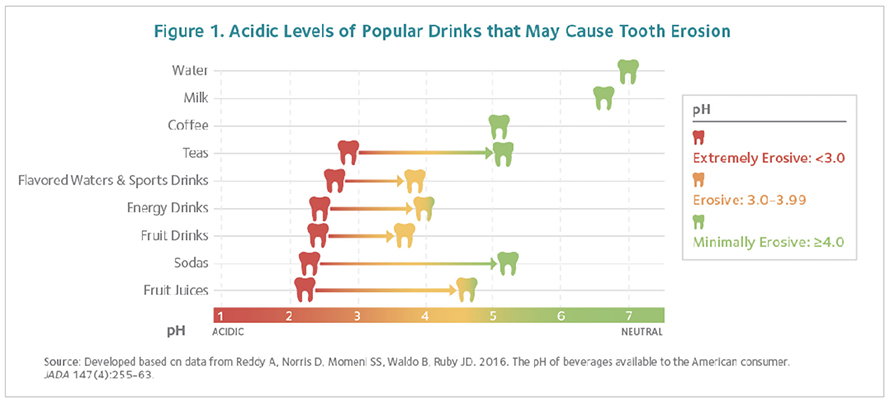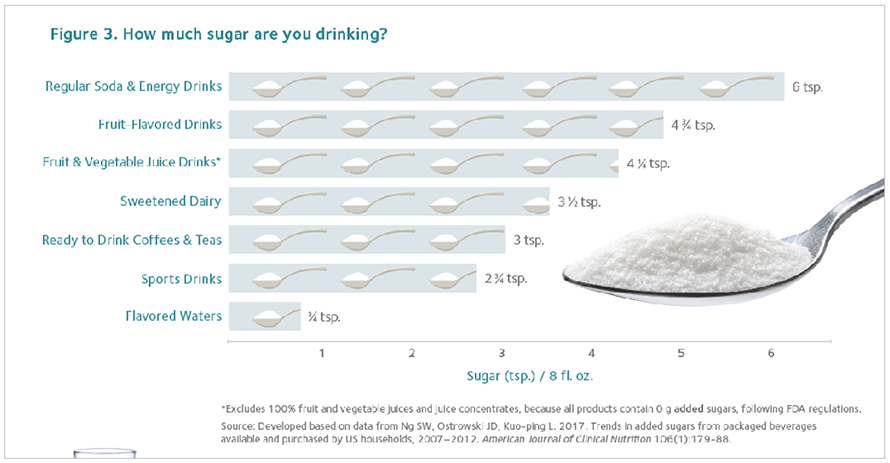- Removable Partial Dentures
- Tooth Extraction: Post-Operative Instructions
- Your Wisdom Teeth
- Taking Care of Your Teeth and Gums
- Basic Flossing
- Do You Have a Cracked Tooth?
- Periodontal Disease: Your Complete Guide
- Basic Brushing
- Periodontal Disease: Keep Your Gums Healthy
- Fluoride: Nature's Cavity Fighter
- Hate To Floss? 3 Other Ways to Clean Between Your Teeth
- Handling Your Child's Dental Emergency
- Get the Facts about Mouth and Throat Cancer
- Oral Health and the HPV Vaccine
- Do You Grind Your Teeth?
- Tooth Decay in Baby Teeth
- Do You Have Sleep Apnea?
- Your Single Tooth Implant
- Your Child's Teeth
- Tobacco and Oral Health
- Seal Out Decay
- Temporomandibular Disorders (TMD)
- Healthy Smiles for Mother and Baby
- Healthy Mouth, Healthy Body: Making the Connection
- Baby Teeth: When They Come In, When They Fall Out
- Thumb Sucking, Finger Sucking and Pacifier Use
- Sip and Snack All Day? Risk Decay!
- 3 Tooth Replacement Options
- Tooth Erosion
- Tooth Decay
- Treating Cavities
- Should You Take Antibiotics before Your Dental Treatment?
- Mouthguards and Sports Safety
- Gum Recession Causes and Treatments
- Dental X-Ray Exams
- Diabetes and Your Oral Health
- Scaling and Root Planing
- Pregnancy and Oral Health
- Your Dentures
- Your Child's First Visit to the Dentist
- Root Canal Therapy Can Save Your Tooth
- Periodontal Disease - Don't wait until it hurts
- Why Do I Need a Bridge?
- Why Do I Need a Crown?
- Your Smile - An Owner's Manual
- Dental Sealants Protecting teeth, preventing decay
- Happiness is a Healthy Smile
- Dental Veneers - Improve Your Smile
- Tooth Whitening for a Brighter Smile
- Why Baby Teeth Are Important
- Dry Mouth
- Sealant Quick Reference
- Caries en Dientes de Leche
- Why Doesn't My Insurance Pay for This?
- Periodontal Maintenance: Stay on Top of Gum Disease
- Flossing Quick Reference
- Brushing Quick Reference
- Your Child's Teeth: Ages 6–12
- Your Child's Teeth: From Birth to Age 6
- Dental Implants: Are they an option for you
- Mouth Sores and Spots
- Sipping, Snacking and Decay
- Improving Your Smile
- Your Child's First Dental Visit
- Are you drinking soda or sweetened coffee or tea all day?
- Do you dip into the candy dish often as a pick-me-up?
- Do you skip meals and instead drink smoothies or grab some pretzels to get through the day?
- Are sports or energy drinks a staple after a workout?
If you answered yes to any of these questions, you may be damaging your teeth. This brochure will tell you why and what you can do to keep your mouth healthy.
What and How Often You Eat Can Affect Your Teeth
Certain eating patterns and food choices can lead to tooth erosion (ee-ROW-shun) and cavities. A steady diet of food and drinks that are sugary or acidic can damage your teeth. This includes soda and sports and energy drinks. It even includes seemingly healthy snacks like dried fruit or pretzels, which can be a problem if they stick to your teeth.
Here’s why:
Plaque is the sticky film of bacteria that forms on teeth. When plaque is left on your teeth, the bacteria in the plaque use the sugar left over from food and drinks to make acid. This acid attacks the hard surface of your teeth known as enamel (e-NAM-uhl). The acid can wear away your enamel, and cavities can start to form. Cavities do not go away on their own and must be treated by a dentist.
Having sugary foods or drinks many times a day allows bacteria to make acid throughout the day. This raises your risk of getting cavities. Repeated exposure to foods or drinks that are acidic raises your risk of tooth erosion.

A Healthy Diet Keeps Your Mouth Healthy
You often hear that eating a well-balanced diet reduces your risk of things like heart disease and diabetes. But, eating a healthy diet is also good for helping you avoid cavities. For teeth to be healthy, they need vitamins, protein, calcium, and phosphorous — and you can get all of these from a healthy diet.
What is a healthy diet?
A healthy diet includes the right amounts and variety of
- Whole fruits and vegetables
- Whole grains like brown rice and oatmeal
- Proteins like meats, beans, eggs, poultry, and fish
- Calcium-rich foods like Greek yogurt, cheese, and milk
In addition, a healthy diet is low in added sugar, trans fats and saturated fats. MyPlate (Figure 2) shows the five food groups that are the building blocks of a healthy diet.
Natural Sugars and Whole Foods
Many foods and drinks — like apples, oranges, bananas, carrots and milk — naturally contain sugars and also have vitamins, minerals and nutrients that your body needs to be healthy. To lower your risk of cavities, avoid foods — like candy and cookies — that contain a lot of sugar but few other nutrients.
A lot of sugar can slip by in the things you drink. Take a look at how much added sugar there is in popular beverages like fruit drinks and sodas (Figure 3).

Lower Your Risk of Erosion and Cavities
- Avoid sugary drinks when possible. Many sports and energy drinks, as well as sodas and sweetened teas, have a lot of acid and sugar. Even fruit juices that are “100% juice” can be acidic and high in sugar.
- Limit snacks between meals. Choose foods that are low in acid and sugar, like an apple or a handful of almonds. Try to follow up with a glass of water. This can help rinse bits of food from your mouth, but it does not replace brushing and flossing regularly.
- If you have sugary foods and drinks, have them with meals. Saliva increases during meals, which helps weaken acid and rinse bits of food from your mouth.
- Chew sugarless gum that has the ADA Seal of Acceptance. Chewing gum after meals increases saliva and can help reduce cavities.
- Drink water. Drinking tap water with fluoride can help prevent cavities.
See your dentist regularly and brush your teeth with fluoride toothpaste twice a day.
Look for oral health products that display the ADA Seal of Acceptance. The ADA Seal is your sign that these products are tested and proven to be safe and effective in keeping your mouth healthy.
Visit Our Office
Office Hours
- MON8:30 am - 5:00 pm
- TUE8:30 am - 5:00 pm
- WEDClosed
- THUClosed
- FRI8:30 am - 5:00 pm
- SAT9:00 am - 2:00 pm
- SUNClosed